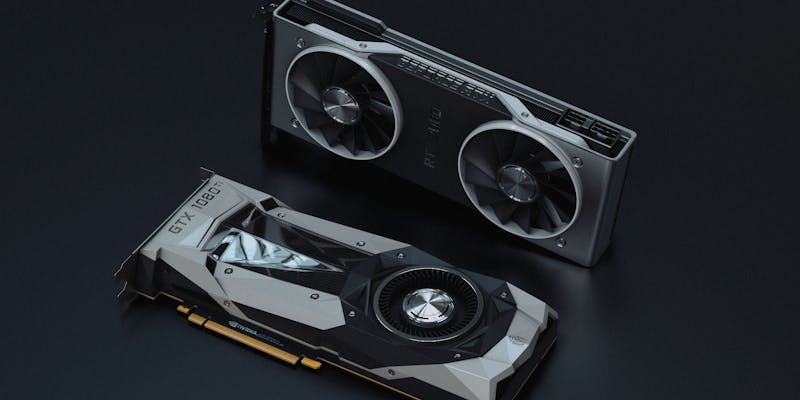The imminent release of NVIDIA’s Blackwell B100 GPUs is causing a stir in tech communities, with expectations of groundbreaking performance enhancements. These GPUs are the successors to the lauded Hopper #00 series and are anticipated to represent a significant leap forward in AI acceleration, showcasing NVIDIA’s commitment to innovation. The introduction of HBM3 memory alongside a chiplet design architecture in the Blackwell B100 series is projected to offer unmatched computational efficiency, especially in AI-driven tasks that require heavy data processing. Industry insiders suggest that these next-generation GPUs will vastly improve the speed of deep learning model training, cutting down the time required to analyze and gain insights from complex data. The launch of the Blackwell B100 is thus regarded as a game-changing milestone in the advancement of machine learning and AI technology.
Market Dynamics and Demand
As NVIDIA gears up for their new release, the tech world buzzes with excitement, mirrored by the company’s optimistic financial forecasts. However, NVIDIA’s CFO, Colette Kress, expressed concerns during their earnings call about potential supply issues, drawing parallels to the challenging #00 launch. The tech industry is bracing for a repeat scenario where supply struggles to keep up with the high demand for NVIDIA’s cutting-edge GPUs. These supply constraints are likely to result in long wait times for orders and expanding backlogs as companies hurry to adopt these advanced GPUs for their operations. This supply-demand imbalance could lead to a seller’s market, with prices surging as a result. The market anxiously awaits to see how NVIDIA will navigate these potential challenges as launch day approaches.
The Ripple Effects of Constrained Supplies
Economic Implications for NVIDIA
NVIDIA’s supply chain quandaries lay bare a fundamental tension inherent to pioneering tech advancements: the interplay between groundbreaking product introductions and the reality of production limits. With the B100 series, the company faces a vital test of its capacity to manage the logistical machinations of meeting market demands—demands which are both a testament to the company’s industry acumen and a formidable challenge to it. Shareholders and market analyzers alike are intently scrutinizing NVIDIA’s strategy, seeking signals on company performance and the ramifications of production limitations on the bottom line. The industry consensus is that NVIDIA’s success in navigating these supply constraints will significantly influence not just the adoption rate of the Blackwell B100 series but also the company’s fiscal health.
Broader Impacts on the AI Industry
NVIDIA’s supply issues with critical B100 GPUs ripple through the AI industry, affecting numerous sectors striving for AI-driven advantages. The scarcity of these crucial components risks stalling the adoption of AI technologies, forcing businesses of all sizes to reconsider their strategic approaches to AI innovation. This shortage exposes the AI field’s dependency on sophisticated computing power and raises a significant concern for the sector’s capacity to meet the explosive demand for AI developments. The current situation amplifies the need for the tech industry to find a balance between the increasing appetite for AI and the production challenges that limit GPU availability. The predicament calls for action to ensure that the momentum of AI progress isn’t impeded by the constraints of supply chain logistics.

